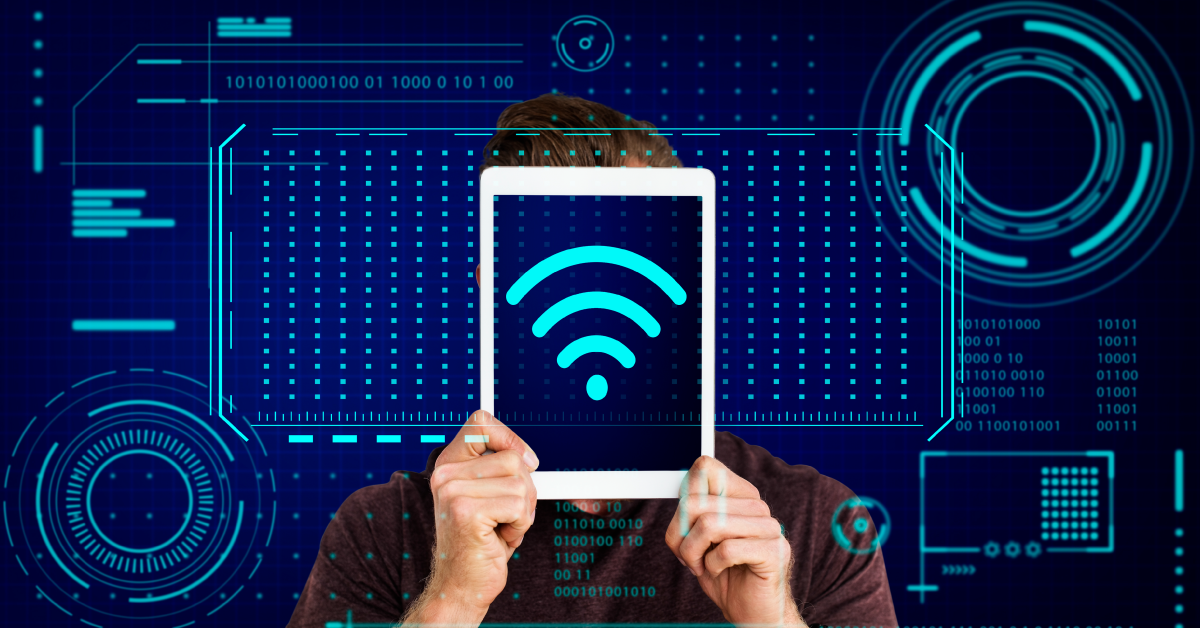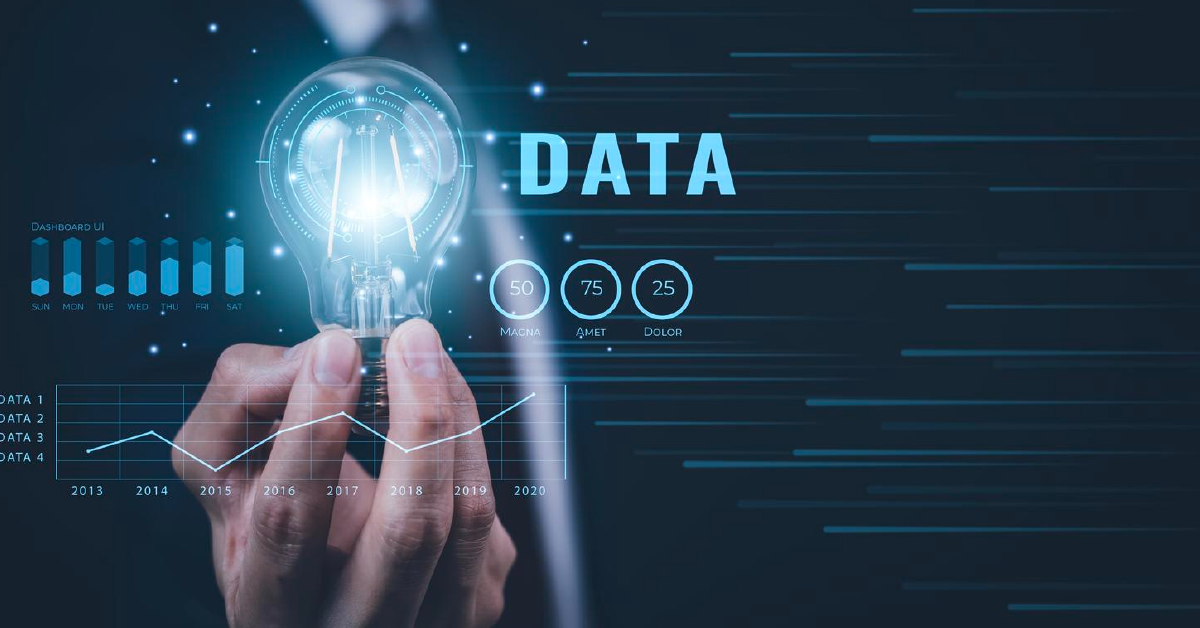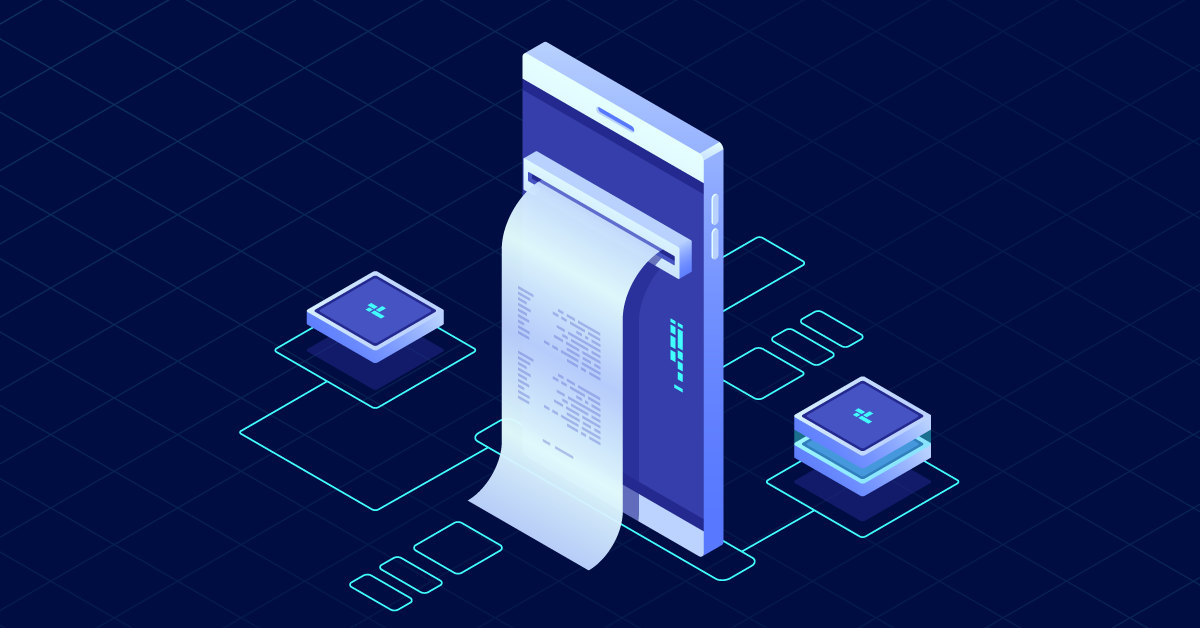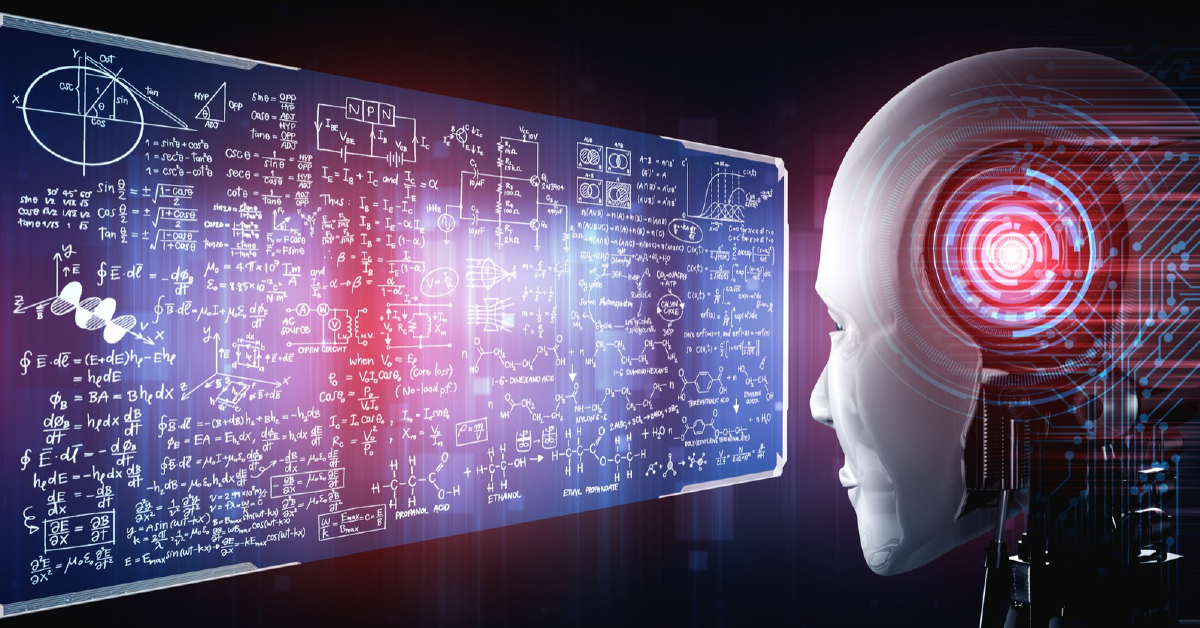The Evolution of Wi-Fi Security through AI Advancements

6 min read
Reading Time: 6 minutes
The security of Wi-Fi networks has become an essential concern in the age of digital transformation when connectivity is as necessary as breathing. Conventional approaches to protecting Wi-Fi passwords need to catch up to the frightening rate at which cyber attackers are making advances.
Now, let’s explore the world of AI-driven advancements. AI is transforming the way we safeguard and maintain Wi-Fi passwords, employing advanced algorithms and technologies to provide better security in a world where connections are becoming more and more frequent.
How to Use AI in Data Security?
Employing artificial intelligence (AI) in data security involves putting in place intelligent systems that can independently detect and respond to emerging cyber threats. These systems perform real-time network traffic analysis, which looks for trends and anomalies that can point to possible security breaches. AI-driven solutions can analyze enormous volumes of data and anticipate potential attack vectors. They can proactively modify security measures to resist unwanted access through machine learning algorithms. It covers everything, from expecting and getting ready for potential phishing attacks to identifying anomalous login attempts.
Artificial intelligence (AI) reduces the danger of exploitation by automating security measures, which not only expedites typical security operations but also ensures quick response to threats. A significant development in the battle against cybercrime is the move toward proactive and predictive security management, which enables businesses to better protect their digital assets from the constantly changing array of cyber threats.
Can AI Use to Guess Passwords?
The application of AI to password guessing is an intelligent aspect of cybersecurity that strikes a balance between increasing security and moral obligations. Because can learn from large datasets of compromised passwords, they have become skilled at spotting and taking advantage of patterns in password design. Through the analysis of these datasets, similar sequences, phrases, or replacements that people regularly use are identified. This technique allows AI to predict probable passwords with very high accuracy. This technology is mainly used for ethical hacking, which lets security experts identify weaknesses in computer systems by mimicking attacks powered by artificial intelligence.
However, the possibility of abuse by unapproved parties raises severe moral questions, highlighting the technology’s dual role as AI-powered tools to improve security and a potential point of compromise. This hypothetical situation shows how important it is to create complex, pattern-free passwords that defy AI’s predictive abilities. It also emphasizes how essential it is to use diverse security measures, such as biometric verification and two-factor authentication, to strengthen defences against advanced cyberattacks.
Therefore, even if AI’s ability to guess passwords demonstrates how far machine learning has come in finding security flaws, it also calls for a proactive move in the direction of more secure, unpredictable password standards and improved verification methods in the digital era.
What is an AI Password?
By using artificial intelligence to create and manage passwords that escape human and AI prediction attempts, an AI password presents an innovative approach to password security. This innovative approach focuses on creating highly complicated and random passwords, which makes them incredibly safe from a variety of cyber threats, such as powerful AI-driven attacks and brute-force attacks.
Beyond simple creation, AI password systems are distinguished by their capacity to analyze and continuously monitor password breach attempts. They also have a dynamic learning process that allows security measures to be improved and adjusted in real time. This adaptive enhancement makes sure that the AI system adjusts its defensive techniques in tandem with the approaches that hackers use to stay one step ahead of the game of cybersecurity. As such, artificial intelligence (AI) passwords represent a quantum leap for digital security, providing a robust and dynamic defence against the ever-changing array of cyber threats.
How AI is Useful in Privacy and Data Security?
Artificial Intelligence (AI) is transforming the field of privacy and data security, giving solutions that go well beyond standard security procedures. Its use in this field is broad, encompassing various facets of cybersecurity, including AI in cyber security, to guard against data breaches, illegal access, and other online dangers. Following are the examination of how AI improves data security and privacy:
-
Comprehensive Monitoring:
AI systems are made to continuously track network traffic and user behaviour with a previously unheard-of degree of accuracy and depth. It requires the real-time analysis of enormous volumes of data to spot anomalous patterns that might point to security breaches or possible threats. Artificial intelligence (AI) assists in proactively identifying and managing risks before they develop into significant breaches by highlighting unusual actions, such as unexpected access requests or abnormal data transfers.
-
Enhanced Data Encryption:
A key component of data security is encryption, which makes sure that private data is unreadable by unauthorized users. Artificial intelligence (AI)-driven encryption solutions strengthen this defence by automatically modifying encryption methods to avoid new hacking strategies. AI algorithms are capable of identifying the best encryption techniques based on the information’s sensitivity and the state of the threat landscape. It ensures that data is always protected by the most robust encryption standards available, whether it is in transit or at rest.
-
Phishing Detection:
Phishing attacks pose a severe risk to data security because they involve criminals deceiving victims into disclosing personal information. By scanning emails, websites, and other communication channels for indications of malicious intent, artificial intelligence (AI) improves the capacity to identify and thwart phishing efforts. Artificial intelligence (AI) systems may detect new and developing phishing tactics by analyzing past phishing efforts. Hence, it allows the systems to warn consumers and stop them from falling for these frauds.
-
Confidentiality over Networks:
Maintaining the privacy of the data being transmitted is of the utmost importance because AI-driven Wi-Fi networks are being used more and more for data transfer. Through real-time threat detection and neutralization, AI-powered solutions can secure data across networks. Assuring that sensitive data is encrypted and unreadable by eavesdroppers, stopping the propagation of malware, and identifying and isolating potentially affected network portions are all part of this.
-
Access Control Management:
Managing access permissions is one of AI’s primary functions in privacy and data security. AI systems can monitor which devices and people have access to particular data or network locations, making sure that only those with permission can enter. By adjusting access rights depending on user behavior, risk assessment, and the changing security landscape, AI technologies minimize the possibility of insider attacks or unintentional data exposure. However, continuous learning and adaptation accomplish it.
The Future of Wi-Fi Password Databases
AI will significantly improve Wi-Fi password security in the future by enabling networks to defend themselves by automatically detecting and responding to threats. It implies that our Wi-Fi networks will be more intelligent when it comes to handling security and will be safer against hackers and unwanted access.
AI enables networks to learn typical behavior, allowing them to respond promptly to potential threats when something out of the ordinary occurs. Using this method significantly decreases the likelihood of compromising company and personal data. AI may also control who has access to the network and strengthen Wi-Fi passwords, protecting data. However, AI makes our online environment more efficient and safe by preventing attacks before they start, as opposed to only responding to them after they occur.
Conclusion
In conclusion, an important step forward has been reached in the search for more secure digital environments with the introduction of AI-driven advances in Wi-Fi password databases. Cybersecurity experts can foresee future weaknesses and protect against present threats by utilizing AI in data security. The use of AI in safeguarding our digital life is becoming more and more essential. We rely on it as we navigate this networked environment. AI-powered Wi-Fi security is here, promising a more secure and safe online experience for all users.
FAQ
1. What is AI-driven Wi-Fi security?
AI-driven Wi-Fi security refers to the use of artificial intelligence to enhance the protection of Wi-Fi networks. This entails AI systems learning from network behaviors to automatically identify and respond to security threats, bolstering Wi-Fi network defenses.
2. How does AI improve Wi-Fi password security?
AI improves Wi-Fi password security by generating complex, hard-to-crack passwords and continuously monitoring for unusual access patterns. This proactive approach helps prevent unauthorized access and enhances overall network security.
3. Can AI prevent all types of Wi-Fi attacks?
While AI significantly enhances Wi-Fi security by identifying and mitigating many threats, no system is infallible. AI-driven security is part of a comprehensive approach to cybersecurity, which should include multiple layers of protection.
4. Is AI in Wi-Fi security privacy-friendly?
AI-driven Wi-Fi security focuses on protecting networks and data without compromising user privacy. However, strong privacy policies should accompany the implementation of AI to ensure responsible handling of user data.
5. How does AI detect unauthorized access to a Wi-Fi network?
AI detects unauthorized access by learning normal network traffic patterns and user behaviors. When detecting deviations from these patterns, it can flag them as potential security threats for further investigation or immediate action. Consequently, by adjusting access rights depending on user behavior, risk assessment, and the changing security landscape, AI technologies minimize the possibility of insider attacks or unintentional data exposure.
6. Will AI-driven Wi-Fi security replace traditional security measures?
AI-driven Wi-Fi security intends to complement traditional security measures, not replace them. It adds an additional layer of defense that enhances the effectiveness of existing security protocols.
Published: March 27th, 2024





